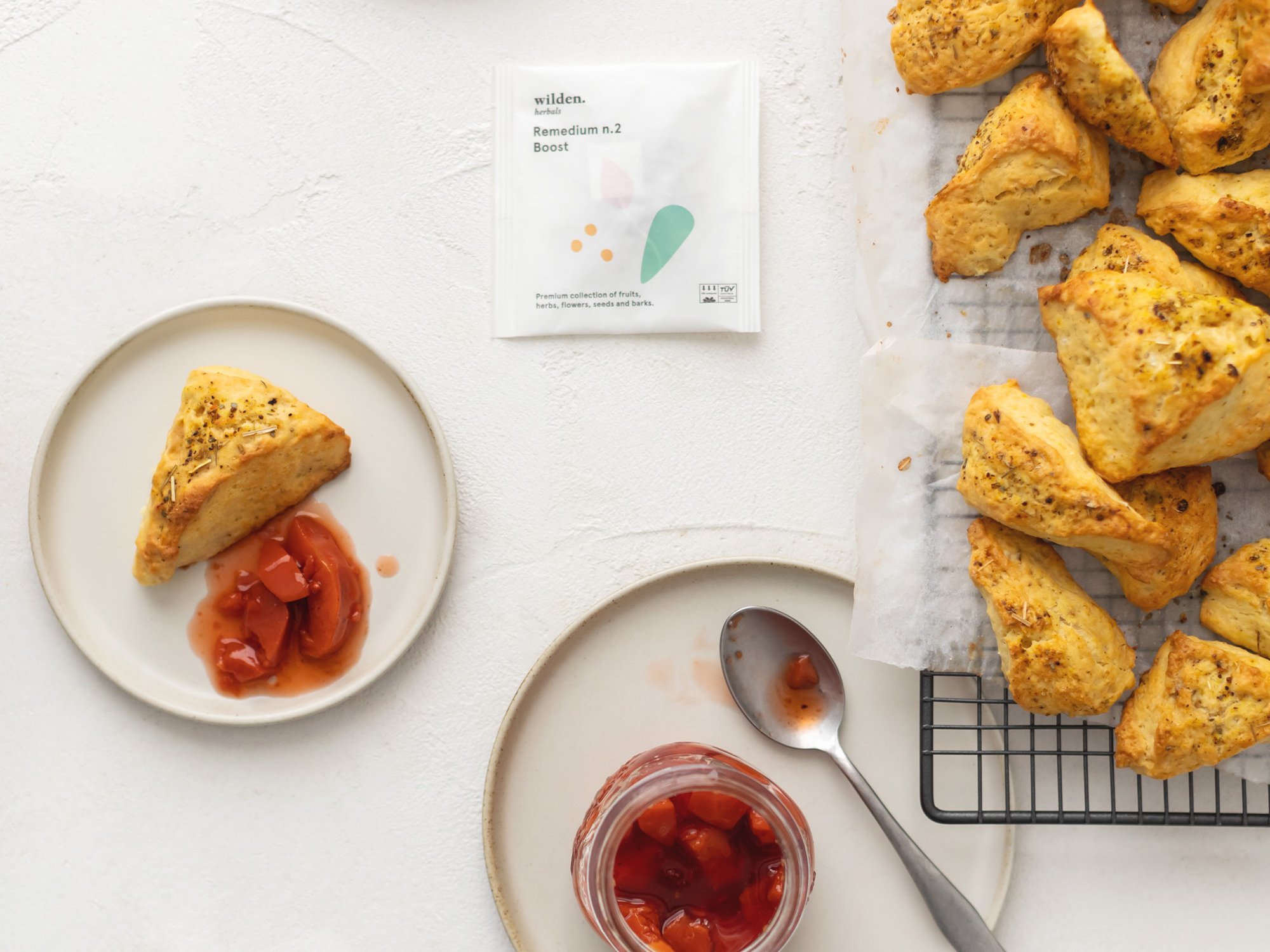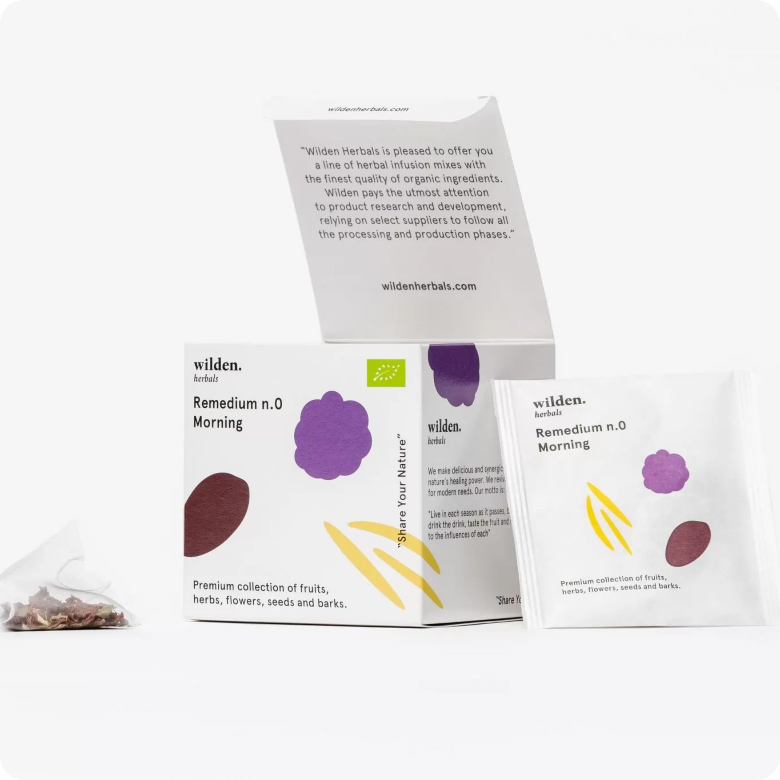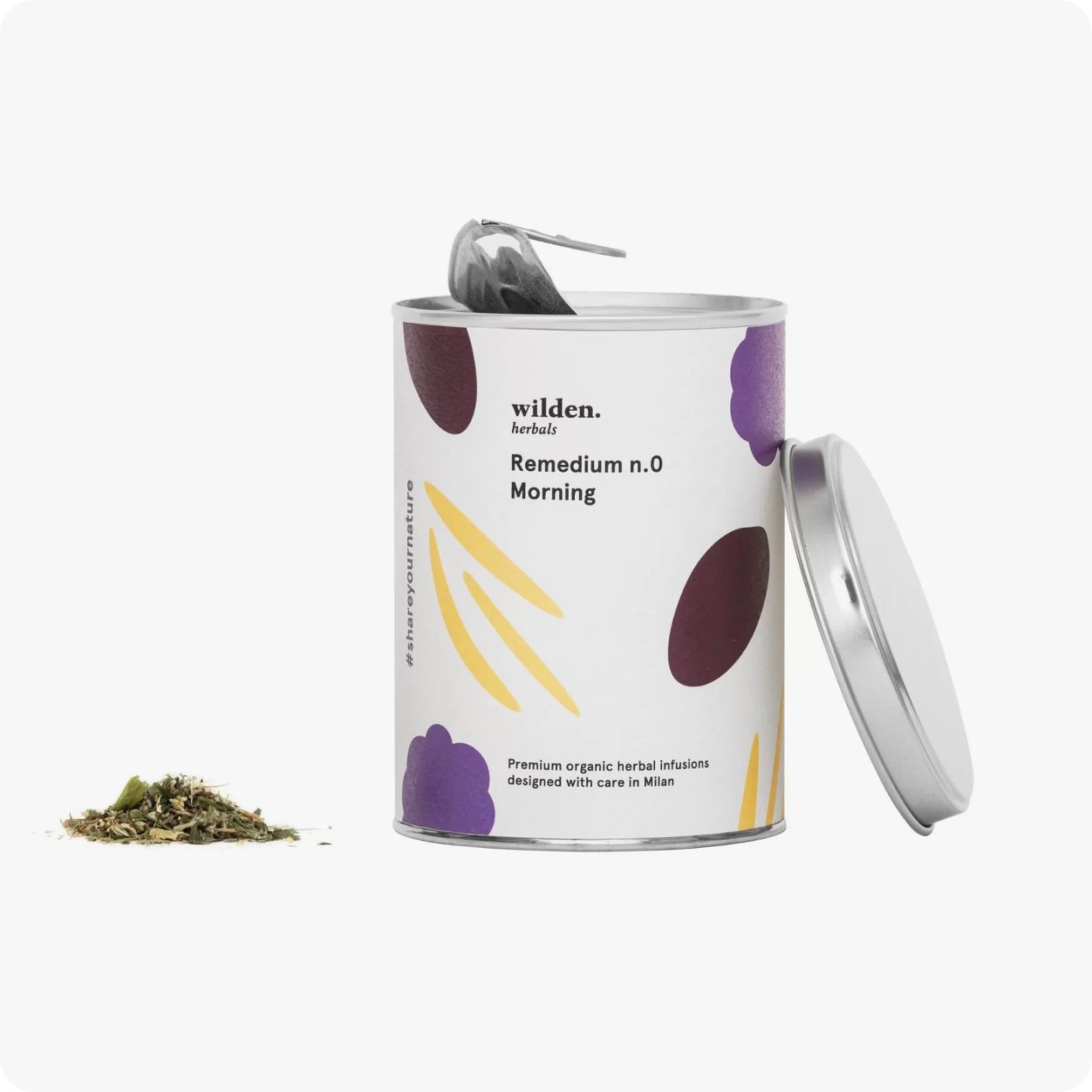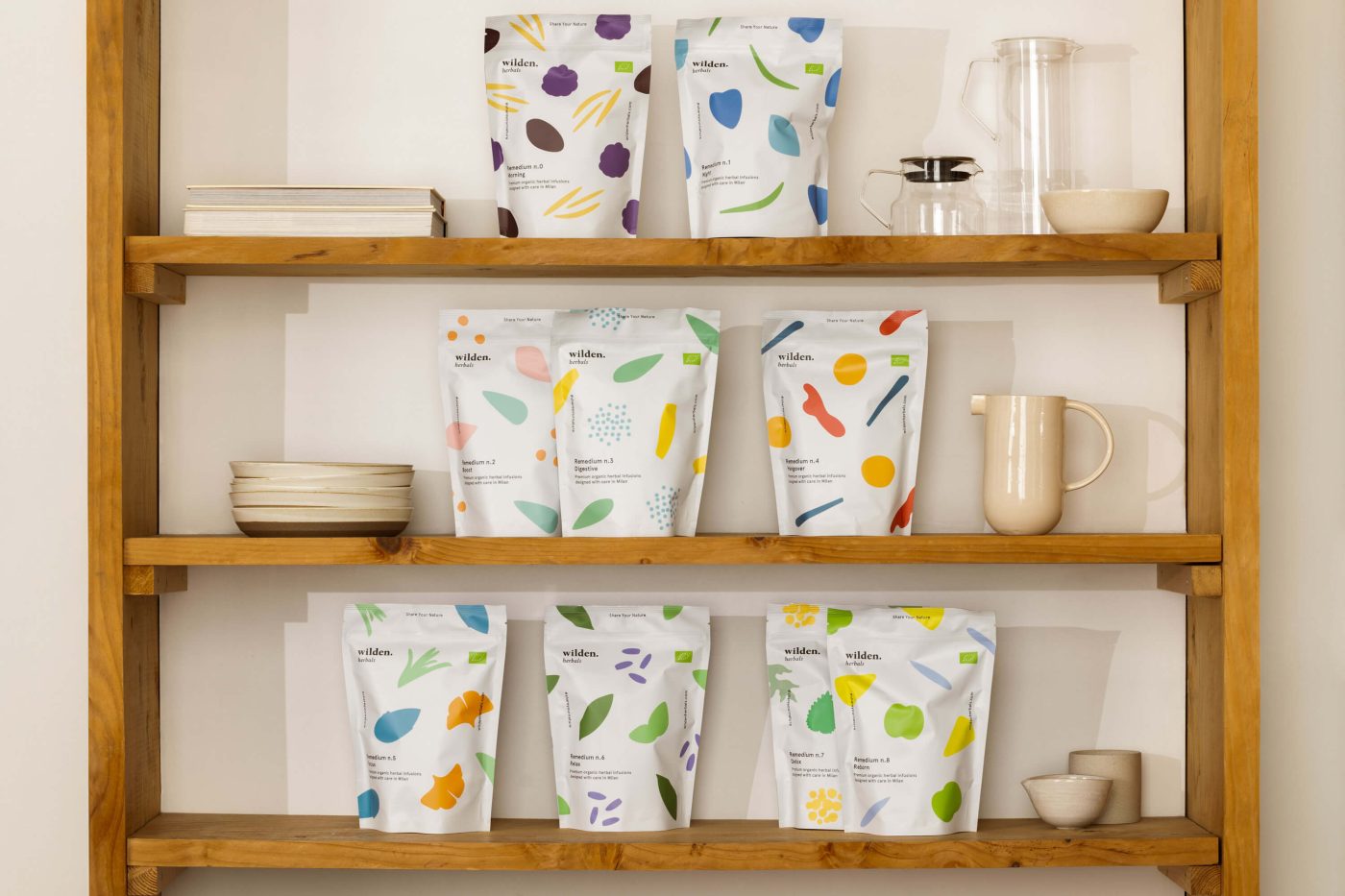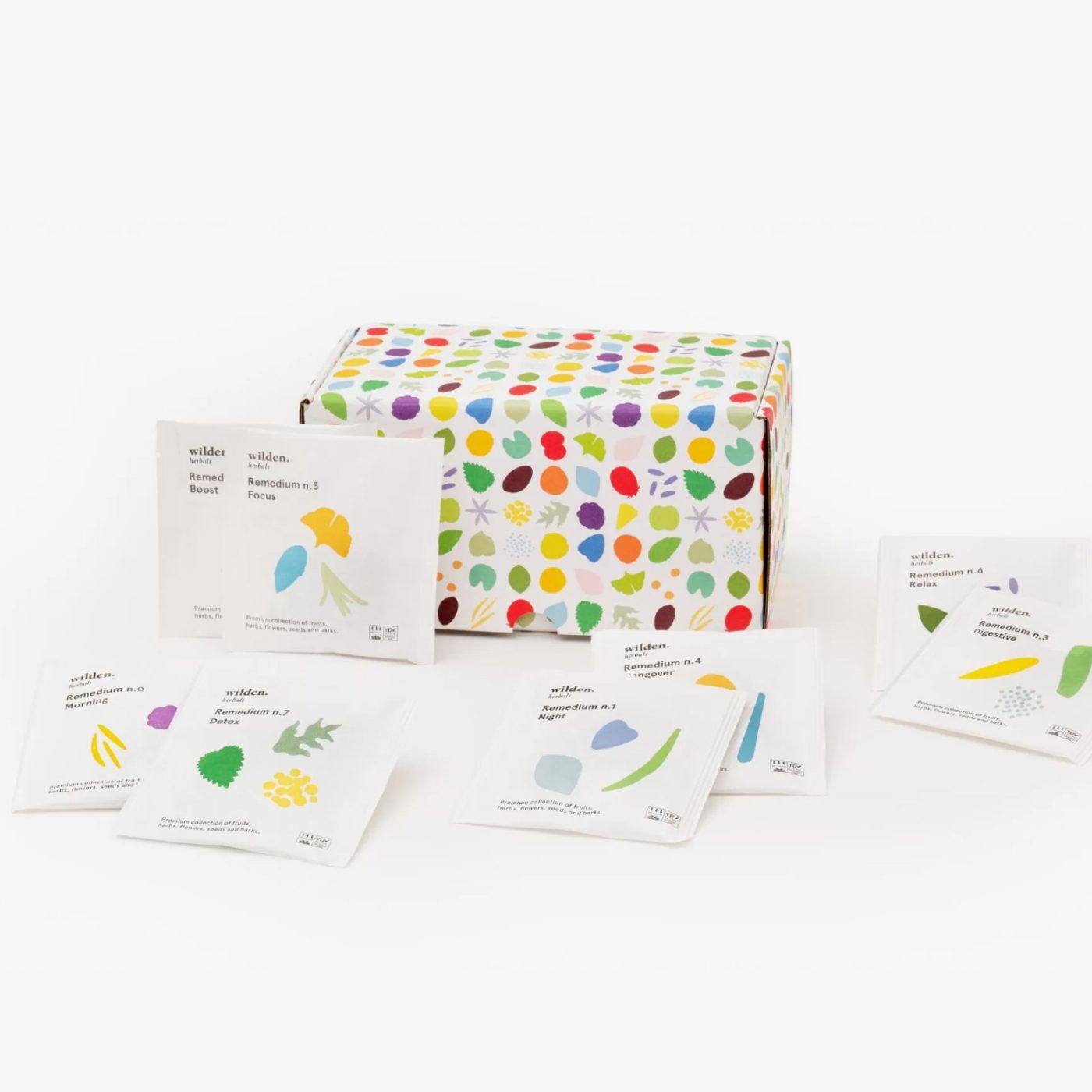What is PMS: symptoms and natural remedies
Premenstrual syndrome is essentially a physiological consequence of the female cycle that results in certain physical and emotional disturbances. Let's find out how to alleviate or prevent them
Premenstrual syndrome (abbreviated as PMS in Italian but better known in the English version PMS) is the set of those symptoms that appear one to two weeks before the start of the menstrual cycle. It occurs in 30-40% of women of reproductive age, and although symptoms are not the same for all, the most common ones include acne, abdominal bloating, breast tightness, feeling of exhaustion, irritability, mood swings, and depression. There may be some solutions to help manage or even reduce this syndrome, including real therapies or lifestyle changes.

Symptoms of premenstrual syndrome
Scientific research tells us that at least 3 out of 4 women experience some form of PMS. Regardless of what the symptoms are, they usually disappear within four days of the start of the menstrual cycle, considering the first day as the day when the blood appears.
The most common symptoms are:
- Tension or anxiety
- Mood swings, irritability or anger
- Depression
- Appetite alterations with increase or lack of appetite
- Difficulty falling asleep and insomnia
- Change in libido, usually with decrease in the first few days and increase in the following days
- Joint or muscle pain
- Migraine
- Sense of exhaustion
- Weight gain related to fluid retention
- Swelling
- Breast pain
- Acne
- Constipation or diarrhea
For a small percentage of those who suffer from these symptoms it can be a disabling situation, in which case it is called premenstrual dysphoric disorder (abbreviated as PMDD). If this is the case, or if the symptoms prevent you from carrying out your daily activities, we recommend that you consult a specialist.
Causes of premenstrual syndrome
We generally attribute the causes of PMS to two reasons.
The hormonal cycle: the female cycle is regulated by several hormones, and when there is a lack of balance, several signs or symptoms can arise that fall under premenstrual syndrome.
And the chemicals in the brain: neurotransmitters carry information and help our brains function. Their disruption can trigger those PMS symptoms related to mood swings and insomnia.
Remedies of premenstrual syndrome
Changing some habits and taking some natural products can help relieve PMS symptoms. Here are some of the most effective tips:
- Follow a healthy, balanced diet and eat meals with smaller portions several times a day. This can help with the feeling of bloating
- Limit salt use to reduce water retention
- Eat complex carbohydrates (such as grains, some legumes and roots)
- Choose foods rich in calcium
- Avoid alcohol and caffeine
- Exercise: 30 minutes of daily activity can help improve not only digestion but also mood and feelings of exhaustion
- Practice deep breathing and muscle relaxation exercises (yoga, meditation and stretching are good for both body and mind)
- Taking the right amount of time to take a rest that is truly restorative
- Reduce stress, if possible
- Take vitamin supplements, including calcium, magnesium, vitamin E and B6
- Use herbal remedies including chasteberry (Vitex agnus castro), ginger (Zingiber officinale), raspberry leaf (Rubus idaeus)
Plants that help during the cycle
At Wilden, we believe in the power of nature. We have worked by combining herbs and medicinal plants to create a natural infusion that can support you during your menstrual cycle. In our recipe, we have included Yarrow (Achillea millefolium), Alchemilla (Alchemilla vulgaris), Lemon Balm (Melissa officinalis), Rose (Rosa damascena), Raspberry (Rubus idaeus), Chasteberry (Vitex agnus castus) and Ginger (Zingiber officinale).
This product aims to relieve the symptoms of PMS by giving a pleasant and relaxing time to get in touch with your body. Our research began with natural estrogens such as Agnocaste and then expanded to other medicinal plants that help balance the hormones involved in the female cycle, finding the right natural combination that can relieve menstrual pain and reduce some symptoms such as stomach pain, abdominal bloating or tension, and headaches.

Bibliography
- Mayo Clinic: Premenstrual syndrome. https://www.mayoclinic.org/diseases-conditions/premenstrual-syndrome/symptoms-causes/syc-20376780 Accessed 13/10/22
- Herbs and Medicinal Plants: A Practical Guide to Phytotherapy, Herbal Recipes for Natural Healing and Everyday Health. Shelter in the Woods. https://books.apple.com/it/book/erbe-aromatiche-e-piante-medicinali-guida-pratica-di/id1566635680?l=en
- Johnson, Rebecca L. & others. Medicinal Herbs. National Geographic. Washington, DC. 2010.

